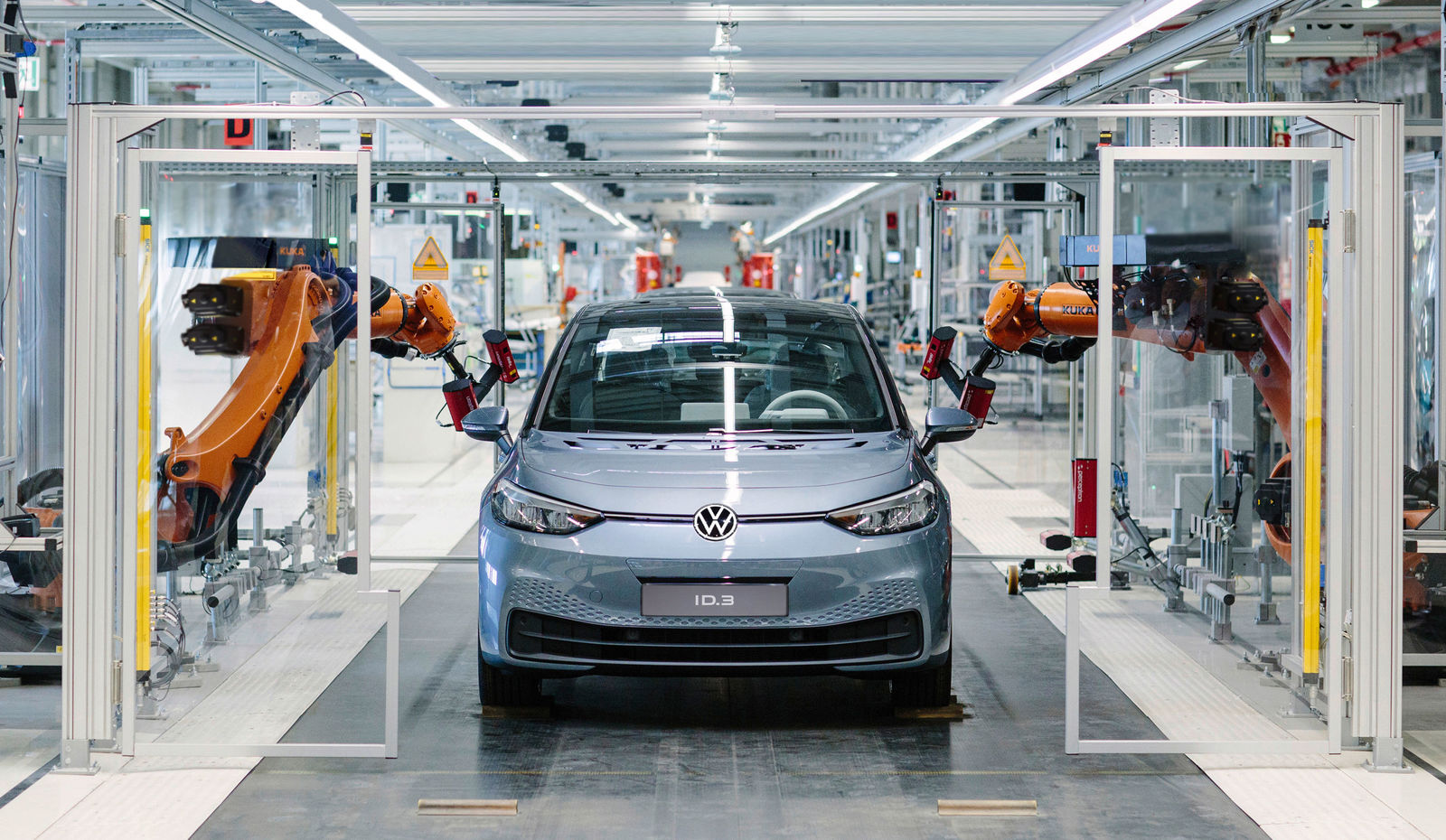The European Union is moving forward with compensatory tariffs against China, despite opposition from German Chancellor Olaf Scholz. German automakers express serious concerns about potential repercussions from this decision.

The European Commission can now implement tariffs of up to 35.3 percent on Chinese vehicles, even without Germany’s support. This decision stems from concerns about China’s extensive automotive industry subsidies, estimated at $100 billion last year. Currently, Europe maintains relatively low import duties of 10 percent, leading the Commission to worry about competitive disadvantages for domestic producers.
German industry response
German automotive leaders have voiced strong opposition to the tariffs:
- Hildegard Müller, President of the German Association of the Automotive Industry (VDA), expressed doubts about the EU’s approach
- Mercedes stated that “punitive tariffs will worsen the long-term competitiveness of an industry”
- BMW CEO Oliver Zipse called it a “fatal signal” and emphasized the need for a swift negotiated solution
The concern centers on potential Chinese retaliation, which could particularly impact German automakers heavily invested in the Chinese market.
China’s potential countermeasures
Rather than directly targeting the automotive sector, China has threatened actions in other industries:
- Announced anti-dumping investigation on EU dairy products in August
- Previously initiated investigation into pork imports from the EU in June
- The EU exported dairy products worth €1.7 billion to China in 2023, down from €2 billion in 2022
Impact on Volkswagen and e-mobility
The tariff debate coincides with challenges for German automakers, particularly Volkswagen:
- VW recently announced cost-cutting plans, including possible plant closures
- Financial issues partly due to lower sales since the pandemic
- Electric vehicle market struggling: July 2024 saw 36.8% fewer EV registrations compared to the previous year
- E-cars now represent only 12.9% of new registrations, down from 20% in July 2023
Political considerations
Chancellor Scholz’s opposition to the tariffs signals support for the German auto industry while potentially seeking negotiation advantages with China. The government maintains that companies must primarily solve their problems independently, with Vice Government Spokesman Wolfgang Büchner stating in September that “the federal government is not intervening at this stage.”









